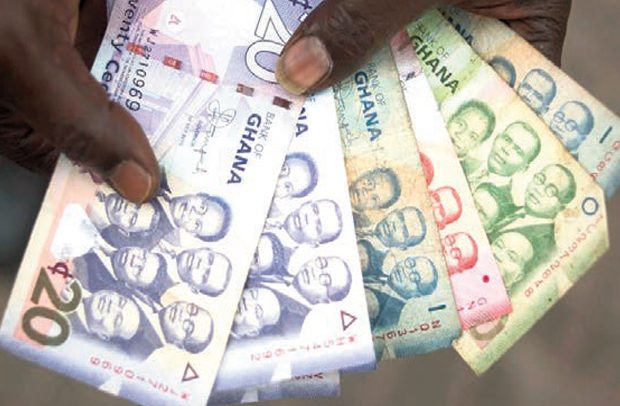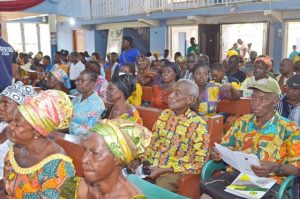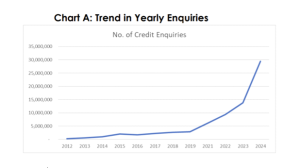
By Joshua Worlasi AMLANU
The Bank of Ghana could anchor a future digital cedi to the country’s gold and cocoa reserves as part of a push to stabilise the currency and reduce reliance on foreign monetary systems, according to Professor Yegandi Imhotep Paul Alagidede – the central bank’s Chair in Finance and Economics at the University of Ghana.
Speaking at the Bank of Ghana Chair in Finance and Economics launch, Professor Alagidede argued that a resource-backed digital currency would provide a more stable foundation for monetary policy than the current fiat system.
He said that pegging the cedi to tangible, domestically controlled assets could “restore value to what truly builds wealth” in Ghana and across Africa.
While not committing the central bank to a timetable, he suggested that a gold- and cocoa-backed digital cedi could be rolled out in stages… beginning with reserves already held in the country.

“The model would link liquidity to measurable productive value,” he explained, adding that such a system could later incorporate other commodities such as shea nuts, solar energy and verified land value.
The proposal is part of a broader critique of imported monetary frameworks, particularly inflation targetting – which he said fails to address the structural drivers of price instability in African economies. According to him, Ghana’s inflation is less a consequence of excess demand and more a result of supply bottlenecks, logistical inefficiencies and imported price shocks.
Professor Alagidede drew on historical examples, tracing African monetary systems from the use of cowries and gold dust to the modern cedi.
He argued that earlier systems were grounded in local resources and social trust, unlike today’s currencies which are often tied to external benchmarks and vulnerable to speculative pressures.
He cited a pilot project in Ghana’s Bono Region and Northern Savannah, where a resource-backed token – Nabiya Qapital (?aQ) – is issued through cooperatives. Farmers use blockchain-based ‘CocoaTokens’ to access loans at far lower interest rates than commercial banks, with repayment tied to future harvest outcomes. The model, he said, has reduced inflation volatility by 30 percent and increased SME credit access by over 200 percent.
A resource-backed digital cedi, in his view, would build on this approach; ensuring that money supply expands in line with actual productive capacity rather than central bank decrees.
“We must liberate finance from the tyranny of orthodoxy,” he said, stressing that the continent’s resource wealth should be used to underpin its monetary sovereignty.
Critics of resource-backed currencies often point to liquidity constraints and the risk of commodity price swings undermining stability.
Professor Alagidede acknowledged these concerns but argued that a diversified commodity basket and technological tools such as smart contracts could mitigate volatility.
The Bank of Ghana has already explored the potential of a central bank digital currency through its eCedi pilot. However, tying such a currency to physical reserves would mark a significant shift from conventional CBDC models being tested elsewhere.
For Professor Alagidede, the issue is as much about sovereignty as stability.
“Africa is the richest continent in resources, yet we borrow money and import monetary policy. A resource-backed digital cedi would be a step toward designing our own economic destiny,” he said.
The post Digital cedi could be pegged to gold, cocoa reserves – Professor Alagidede appeared first on The Business & Financial Times.
Read Full Story
















Facebook
Twitter
Pinterest
Instagram
Google+
YouTube
LinkedIn
RSS